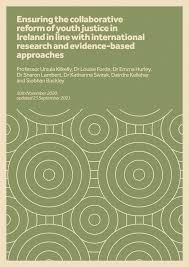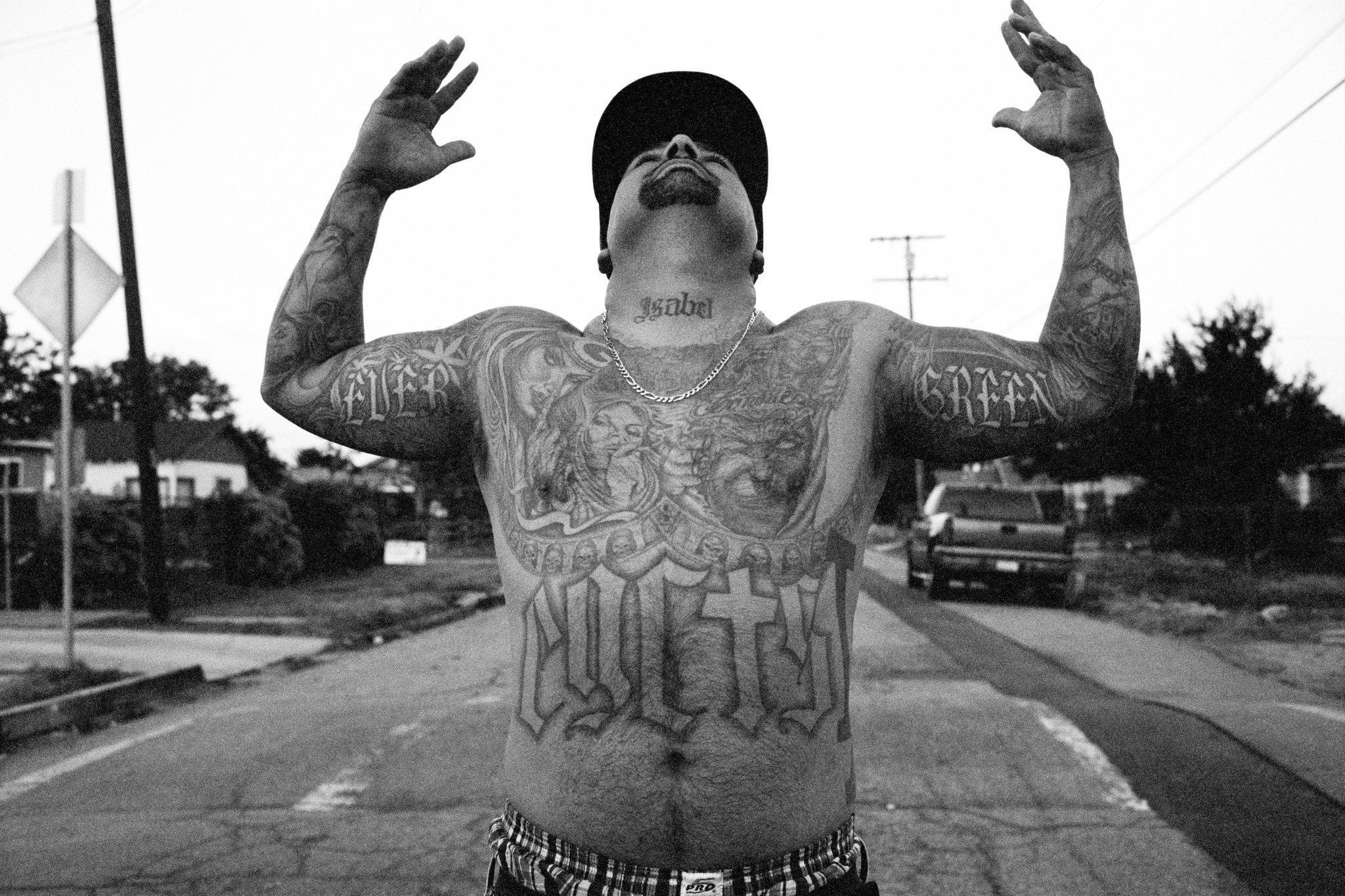By Ursula Kilkelly, Louise Forde, Emma Hurley, Sharon Lambert, Katharina Swirak, Deirdre Kelleher and Siobhan Buckley
This study was funded by the Department of Children, Equality, Disability, Integration and Youth (DCEDIY) through the Irish Research Council’s COALESCE Strand 1F scheme, designed to harness the resources and expertise of the Irish research system to establish a collaborative alliance between academia and policy makers and to support the successful achievement of Ireland’s policy goals. The purpose of the study was to support the development of effective and evidence-based policy and interventions for young people by combining the knowledge of academic research with the expertise of policy makers. In line with this goal, this report is intended to be a resource for policy-makers, researchers and students interested in understanding the experiences of young people in the Irish youth justice system with evidence that can be used to imagine a progressive future for Irish youth justice law and policy. Aims and Methodology Aims In setting out the scheme, the DCEDIY identified three core questions as the basis for the study: 1. What are the factors associated with involvement in anti-social behaviour, getting into trouble with the Gardaí and/or contact with the youth justice system? 2. What are the factors which may operate in a protective or a preventative way for young people who do not become involved in anti-social behaviour or contact with the Gardaí and the youth justice system? 3. What implications do these findings have for the future development of Irish youth justice policy and youth justice practice?
Cork: University College Cork, Irish Research Council. 2021, 221pg



